Xin-Nian Wang
Artificial Intelligence and Machine Learning in Nuclear Physics
Dec 04, 2021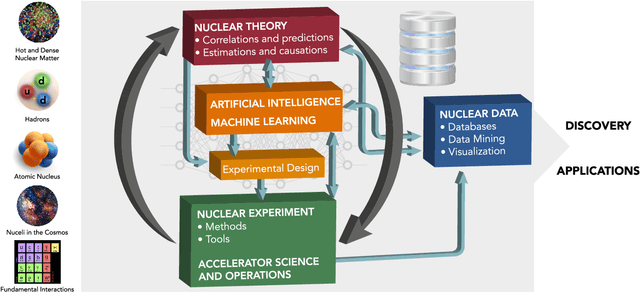
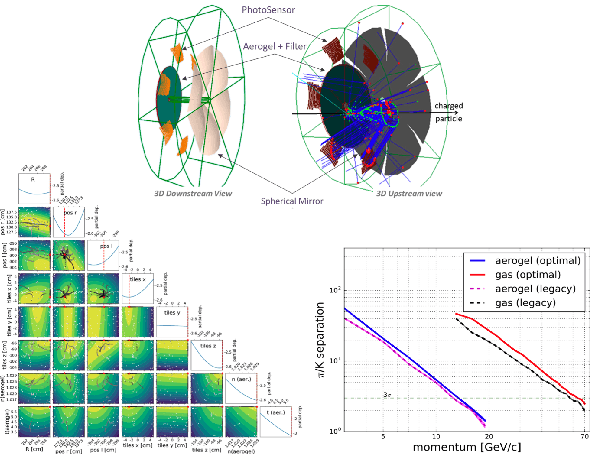
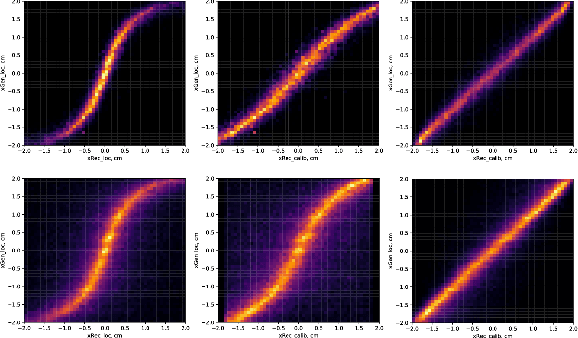
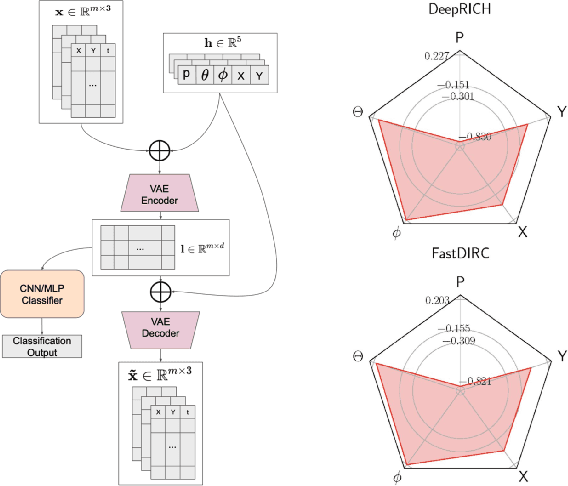
Abstract:Advances in artificial intelligence/machine learning methods provide tools that have broad applicability in scientific research. These techniques are being applied across the diversity of nuclear physics research topics, leading to advances that will facilitate scientific discoveries and societal applications. This Review gives a snapshot of nuclear physics research which has been transformed by artificial intelligence and machine learning techniques.
An equation-of-state-meter of QCD transition from deep learning
Aug 02, 2017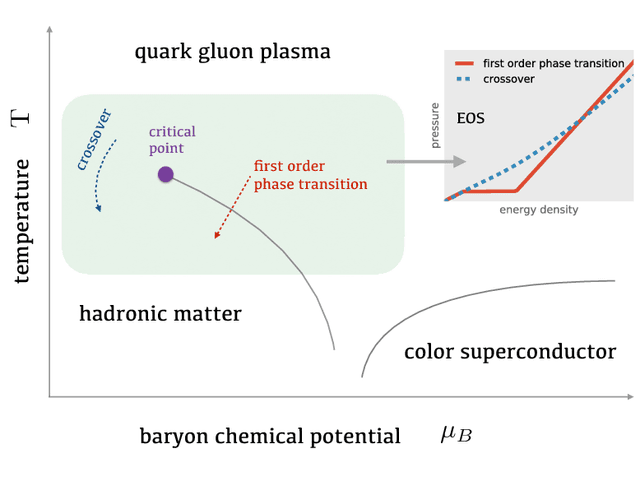
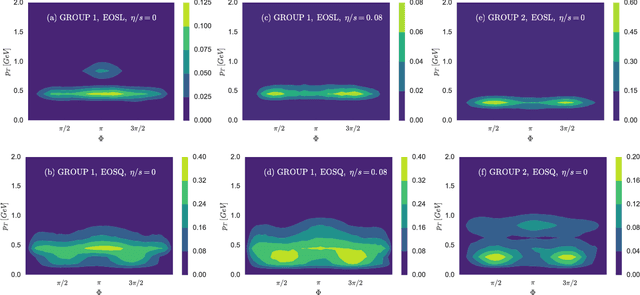
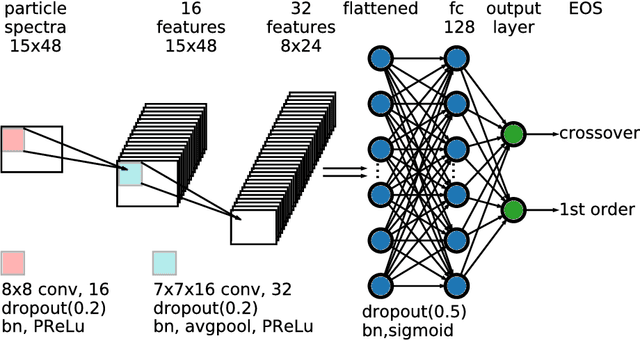
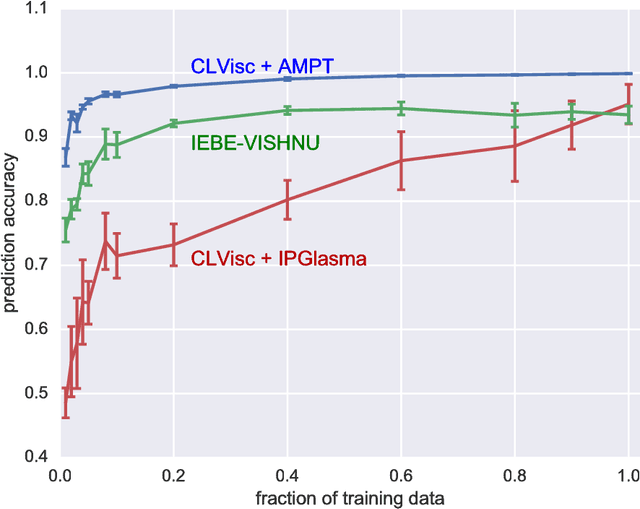
Abstract:Supervised learning with a deep convolutional neural network is used to identify the QCD equation of state (EoS) employed in relativistic hydrodynamic simulations of heavy-ion collisions from the simulated final-state particle spectra $\rho(p_T,\Phi)$. High-level correlations of $\rho(p_T,\Phi)$ learned by the neural network act as an effective "EoS-meter" in detecting the nature of the QCD transition. The EoS-meter is model independent and insensitive to other simulation inputs, especially the initial conditions. Thus it provides a powerful direct-connection of heavy-ion collision observables with the bulk properties of QCD.
 Add to Chrome
Add to Chrome Add to Firefox
Add to Firefox Add to Edge
Add to Edge